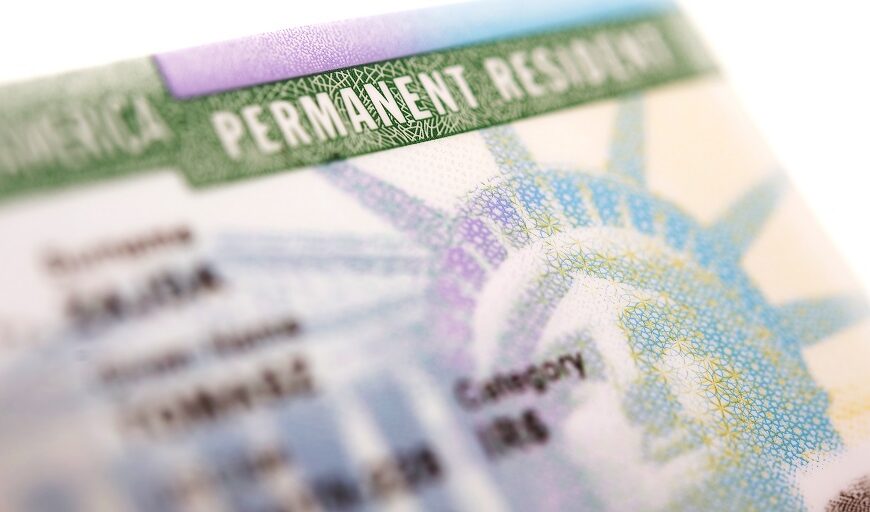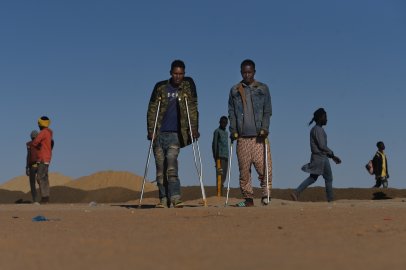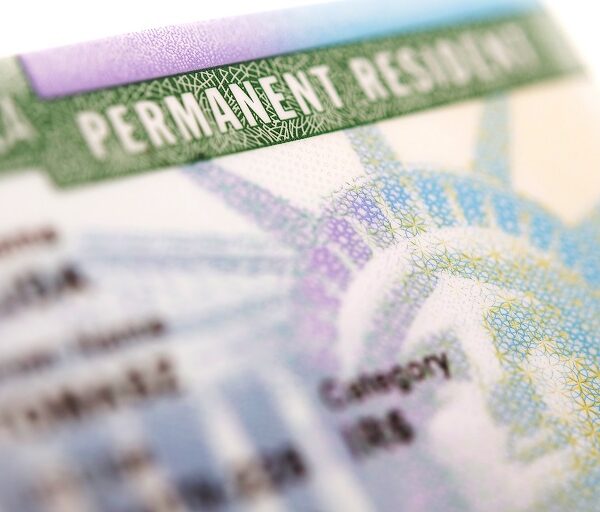Introduction to the Termination of the CHNV Program
The recent announcement regarding the termination of the CHNV (Cuban-Haitian Nationality Visa) program has sent shockwaves through immigrant communities across the United States. With over 500,000 immigrants directly impacted, this decision not only alters the lives of those who have relied on the program but also raises significant questions about the future of immigration policy in the country.
What is the CHNV Program?
The CHNV program was established to provide a pathway for Cuban and Haitian nationals to obtain visas and ultimately settle in the U.S. It has been a lifeline for many families seeking refuge from political turmoil, economic instability, and natural disasters in their home countries.
History and Purpose
– The program was initiated in response to the unique challenges faced by Cuban and Haitian migrants.
– It aimed to offer a structured and legal means for these individuals to immigrate to the United States.
– Over the years, the CHNV program has helped countless families reunite and find stability.
Reasons Behind the Termination
The termination of the CHNV program comes as part of a broader shift in immigration policy under the Trump administration.
Political Motivations
– The administration has been vocal about its intention to tighten immigration controls and reduce the number of immigrants entering the U.S.
– This decision aligns with a larger agenda focused on prioritizing certain nationalities and demographics over others.
Impact on Immigrants
The end of the CHNV program will have immediate and long-lasting effects on those who have depended on it:
Reactions from the Community
The announcement has elicited a range of responses from various stakeholders, including advocacy groups, lawmakers, and immigrant communities themselves.
Advocacy Group Responses
Many immigration advocacy organizations have condemned the termination of the program, arguing that it undermines the humanitarian principles upon which the U.S. immigration system was built.
– These groups argue that the CHNV program was essential in providing refuge to those fleeing dire circumstances.
– They are calling for legislative action to restore the program and protect the rights of affected individuals.
Political Responses
Lawmakers from both sides of the aisle have expressed concerns over the decision:
– **Democratic lawmakers** have characterized the termination as a stark example of the administration’s harsh immigration policies.
– **Republican lawmakers** have varied in their responses, with some supporting the decision while others have voiced concerns over the potential humanitarian implications.
The Future of Immigration Policy
The end of the CHNV program is part of a larger trend toward restrictive immigration policies that may set a precedent for future actions.
Potential Legislative Changes
As the situation evolves, it is crucial to consider the following potential changes:
Conclusion
The termination of the CHNV program marks a significant turning point in U.S. immigration policy, affecting over half a million immigrants and their families. As the situation unfolds, it is essential for stakeholders to engage in dialogue and seek solutions that align with the nation’s humanitarian commitments. The future of immigration policy in the U.S. remains uncertain, but the voices of those impacted by these changes will undoubtedly shape the conversation moving forward.
In these challenging times, solidarity with affected communities is vital, and advocacy for humane immigration policies must persist. As we navigate this complex landscape, it is essential to remember the human stories behind the headlines—stories of hope, resilience, and the pursuit of a better life.







